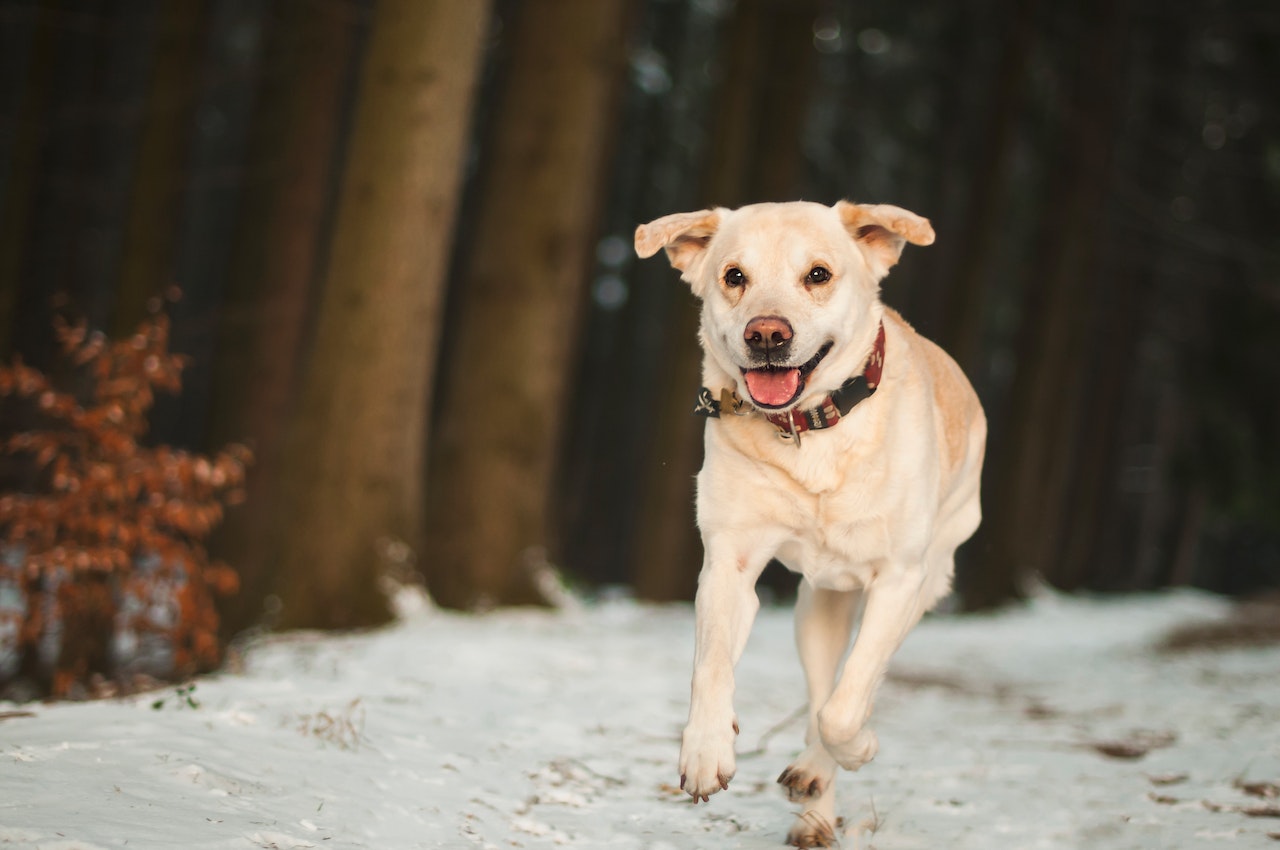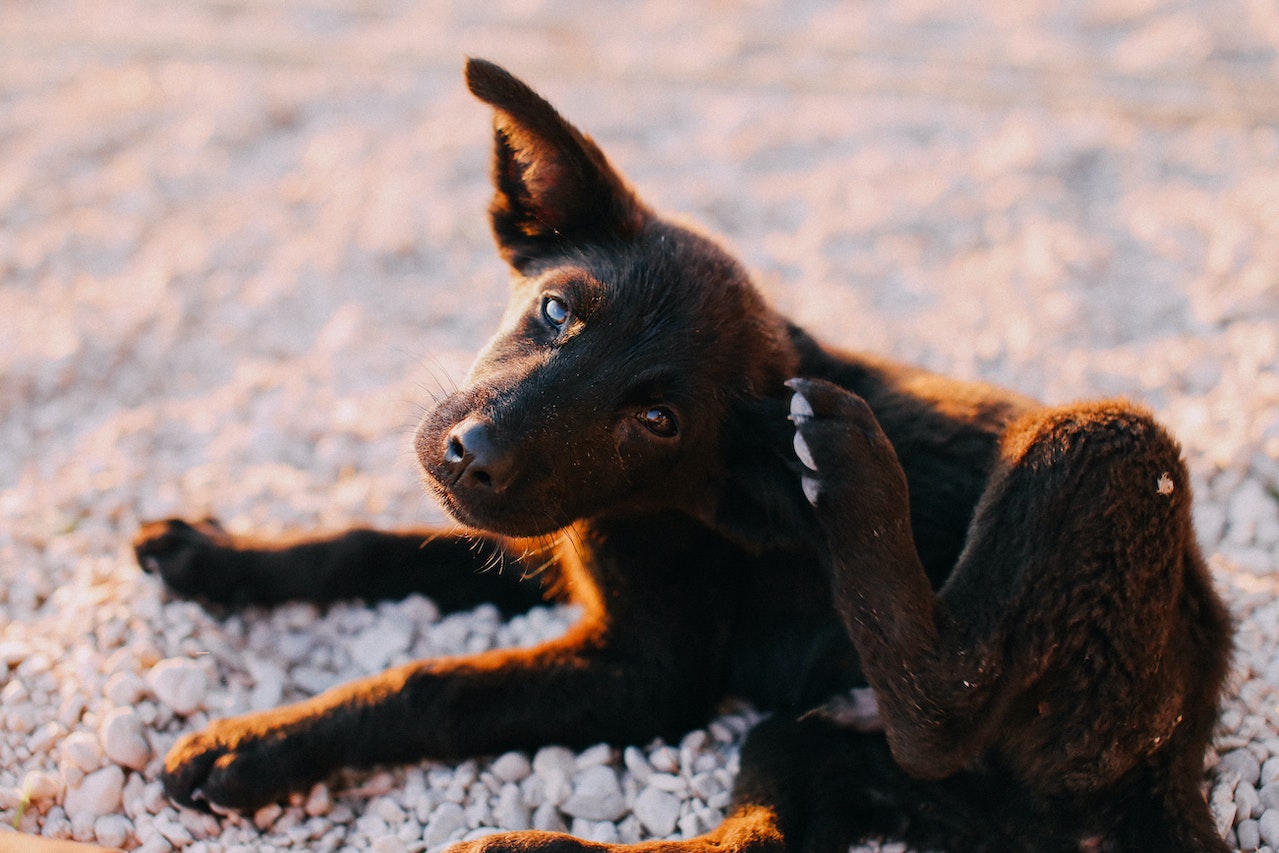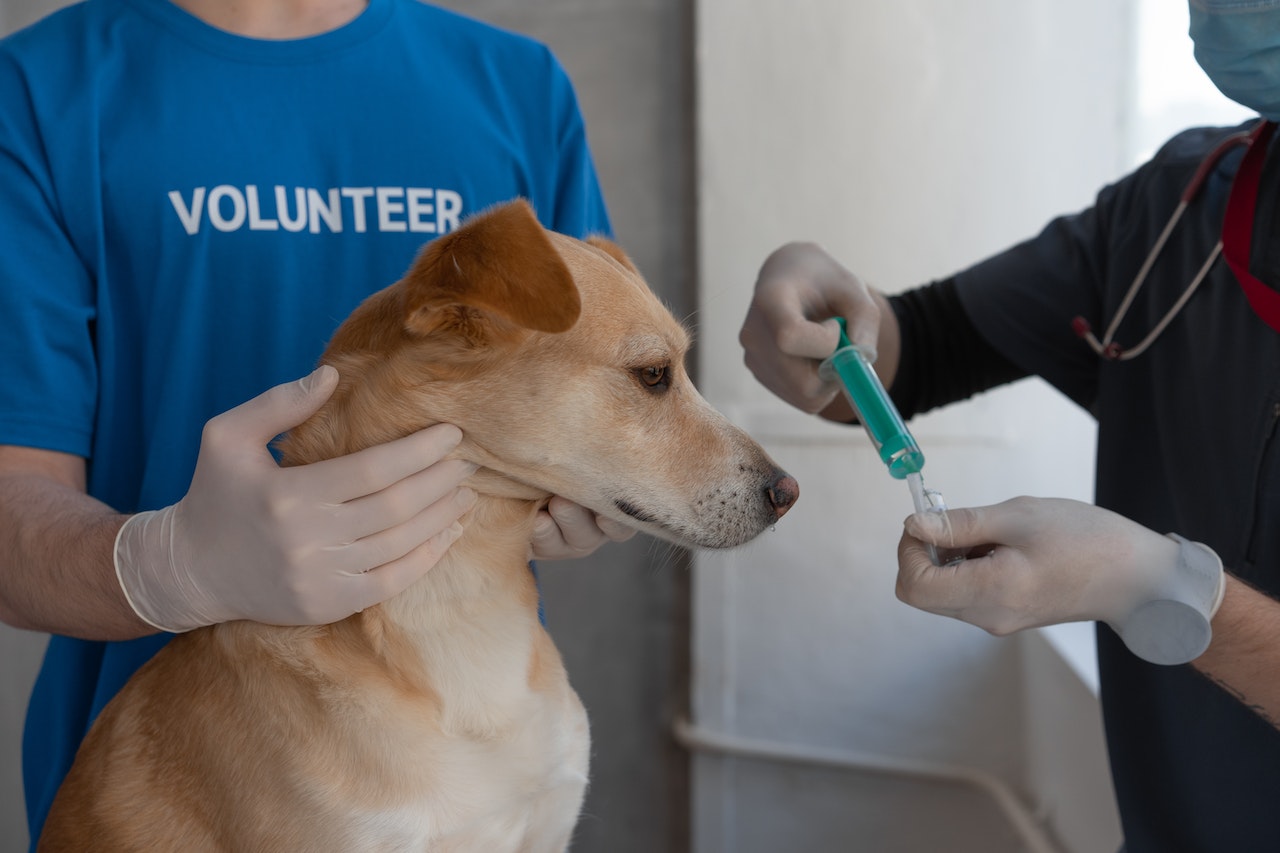CAN DOGS BE GAY
Dogs, just like the majority of other animals, engage in a variety of sexual behaviours. As a result of the fact that some individuals have witnessed dogs engaging in sexual activity towards other dogs of the same sex, the subject of whether or not dogs may be homosexual has been raised. In this piece, we will investigate the notion of homosexuality in dogs, discussing topics such as what it means for a dog to be gay, whether or not it is common or natural, and what other factors need to be taken into account.
What is gay in dogs?
The term "gay" refers to homosexuality, which is the sexual attraction or preference for individuals of the same sex. In dogs, this may manifest in several ways, including mounting, licking, and grooming behaviors that are typically seen between opposite-sex partners. However, these behaviors do not necessarily indicate that the dog is gay, as dogs engage in a wide range of sexual behaviors for reasons other than sexual attraction.
Reasons why dogs can be gay
The question of whether dogs can be gay is a controversial one, with various opinions on the matter. Some experts argue that dogs do not have a sexual orientation and that any sexual behavior is simply a form of play or dominance. Others believe that dogs can be gay, and that the behavior is a natural expression of their sexuality.
The concept of homosexuality in animals has been a topic of much debate and study in the scientific community, with a growing body of evidence suggesting that it is not exclusively a human phenomenon. Dogs, like many other animals, have been observed exhibiting same-sex behaviors, leading to questions about the nature and potential reasons for canine homosexuality. Here are some possible reasons why dogs can be gay:
- Hormonal imbalances: Just as in humans, imbalances in hormones can play a role in sexual orientation in dogs. Hormonal imbalances during fetal development or puberty can affect the development of a dog's sexual orientation.
- Genetic predisposition: Studies have shown that certain genes can predispose dogs to same-sex behaviors. In a study of over 1,000 domestic dogs, researchers found that male dogs with a particular variation of a gene called FAM65B were more likely to exhibit same-sex behaviors.
- Socialization and bonding: Dogs are social animals and often form strong bonds with other dogs, regardless of gender. These bonds can be romantic or non-romantic, and may involve behaviors that humans might interpret as sexual. It is possible that some dogs may simply prefer the company of dogs of the same sex, just as some people prefer the company of others of the same sex.
- Environmental factors: Environmental factors, such as stress or lack of socialization, may also play a role in canine homosexuality. Dogs who are isolated or under stress may exhibit abnormal sexual behaviors.
- Lack of access to opposite sex: In some cases, dogs may exhibit same-sex behaviors simply because they do not have access to opposite-sex partners. This is more likely to occur in situations where dogs are kept in single-sex groups, such as in animal shelters or rescue centers.
It's important to note that while same-sex behaviors in dogs may be interpreted as "gay" by humans, it is not accurate to apply human sexual orientation labels to animals. Dogs, like other animals, exhibit a wide range of sexual behaviors that are not necessarily tied to sexual orientation in the way that humans understand it.
Other considerations:
It is essential to keep in mind that just though certain dogs may display homosexual behaviour, this does not automatically imply that all dogs are homosexual in the same sense that people might be gay. As was said before, dogs do not possess the same comprehension of sexuality and sexual orientation as people have. It is essential to keep in mind that a dog's sexual activity is not always indicative of their sexual preference or orientation. Dogs might participate in sexual activities for a number of reasons, so it is vital to keep this in mind. Dogs could act homosexually because they are only following their natural impulses, which is one possible explanation for this phenomenon. It has been observed in the wild that animals such as wolves and coyotes engage in sexual activity with members of the same sexual species, which leads one to believe that this is a regular occurrence in the animal kingdom. It is conceivable that, as dogs are the direct offspring of these untamed creatures, they have inherited this habit from their ancestors and have carried it through into our times.
Dogs may participate in behaviour indicative of their own species for a number of reasons, one of which is because they are looking for social connection or affection. Dogs are known to create deep emotional relationships with both people and other dogs, as well as being highly sociable creatures in their own right. Same-sex behaviour in dogs may, in certain instances, be a means for the canines to communicate their desire for social interaction and emotional connection with other dogs of the same species.
Conclusion
In conclusion, the subject of whether or not dogs may have sexual orientations similar to those of humans is a complicated one that does not have a clear solution. It is not known whether the homosexual behaviour exhibited by some dogs is an indication of their sexual orientation or simply a natural instinct or a form of social interaction. Homosexual behaviour in dogs has been observed, but it is not known whether this behaviour is an expression of their sexual orientation or not. Regardless of their sexual orientation or preferences, the overarching goal should be to make sure that our dogs are content, healthy, and out of harm's way at all times.


